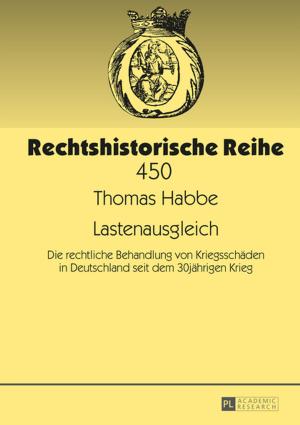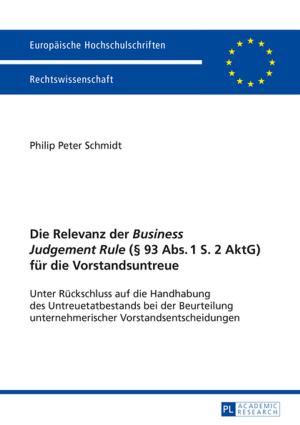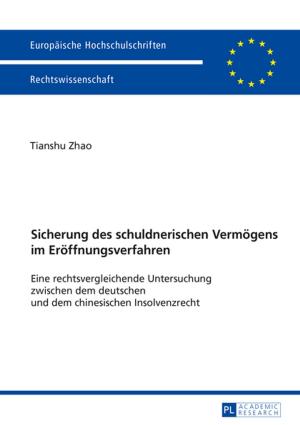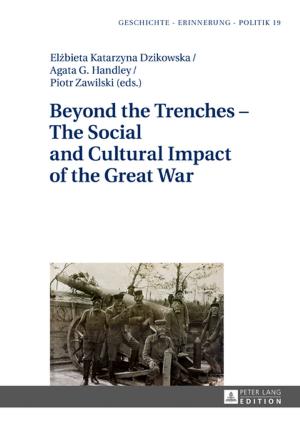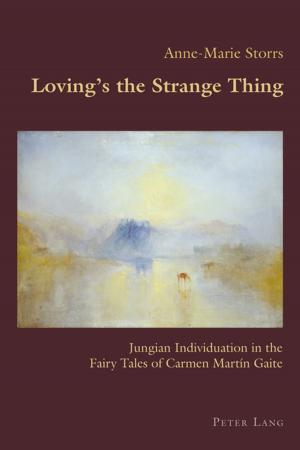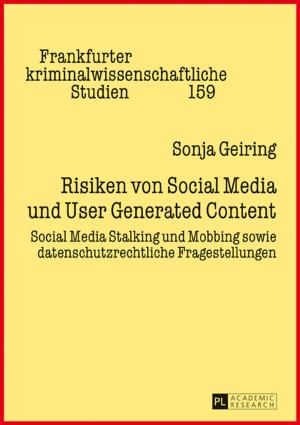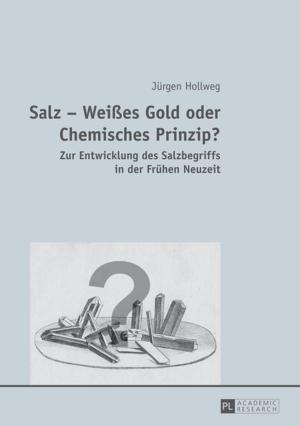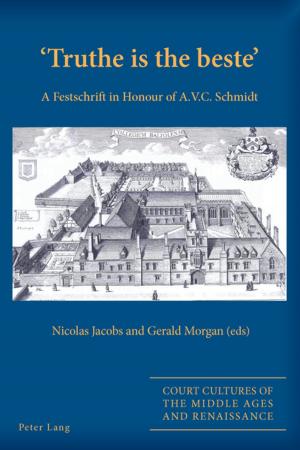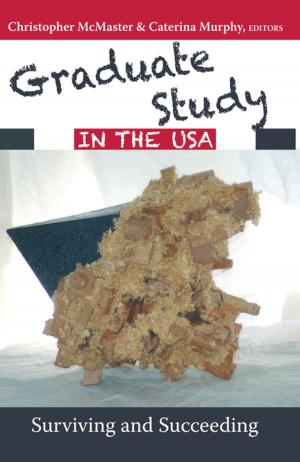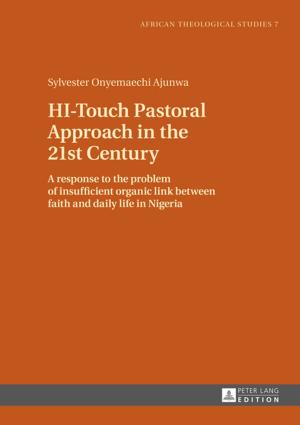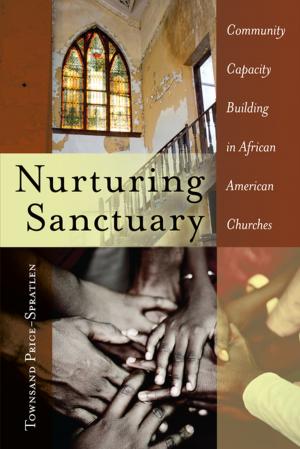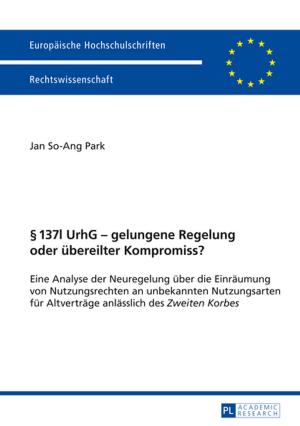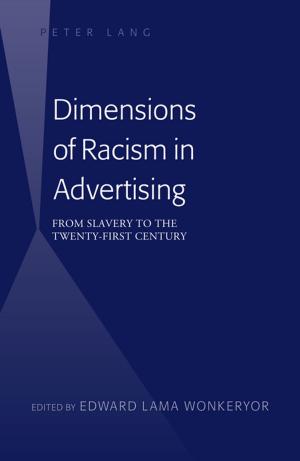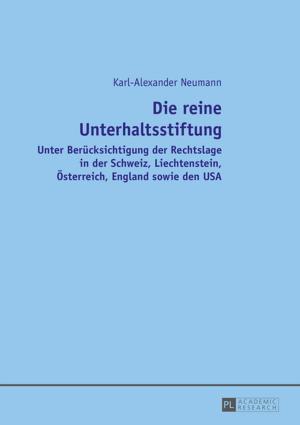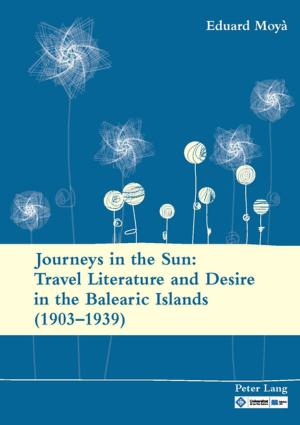Arrested Mourning
Memory of the Nazi Camps in Poland, 19441950
Nonfiction, History, Eastern Europe, European General| Author: | Zofia Woycicka | ISBN: | 9783653997255 |
| Publisher: | Peter Lang | Publication: | January 10, 2014 |
| Imprint: | Peter Lang GmbH, Internationaler Verlag der Wissenschaften | Language: | English |
| Author: | Zofia Woycicka |
| ISBN: | 9783653997255 |
| Publisher: | Peter Lang |
| Publication: | January 10, 2014 |
| Imprint: | Peter Lang GmbH, Internationaler Verlag der Wissenschaften |
| Language: | English |
«Analyzing the earliest debates over the memory of Nazi camps, the author makes an important contribution to the study of their origin, reducing the existing asymmetry in our knowledge on the relevant phenomena in Western and Eastern Europe. This is all the more important as the Poles and Polish Jews, whose involvement in the disputes over memory she describes, were the most important group of survivors and eyewitnesses of the camps and so the genuine group of memory.» Prof. Dariusz Stola (Institute of Political Studies of the Polish Academy of Science)
«The vast number and variety of sources used in this work create a fascinating picture of a multifaceted, rich, vivid, and at times heated debate conducted in Poland in the late 1940s. A great merit of Wóycicka is to preserve this discourse from oblivion and to bring it back into the public sphere.» Barbara Engelking (Polish Center for Holocaust Research)
«Analyzing the earliest debates over the memory of Nazi camps, the author makes an important contribution to the study of their origin, reducing the existing asymmetry in our knowledge on the relevant phenomena in Western and Eastern Europe. This is all the more important as the Poles and Polish Jews, whose involvement in the disputes over memory she describes, were the most important group of survivors and eyewitnesses of the camps and so the genuine group of memory.» Prof. Dariusz Stola (Institute of Political Studies of the Polish Academy of Science)
«The vast number and variety of sources used in this work create a fascinating picture of a multifaceted, rich, vivid, and at times heated debate conducted in Poland in the late 1940s. A great merit of Wóycicka is to preserve this discourse from oblivion and to bring it back into the public sphere.» Barbara Engelking (Polish Center for Holocaust Research)

